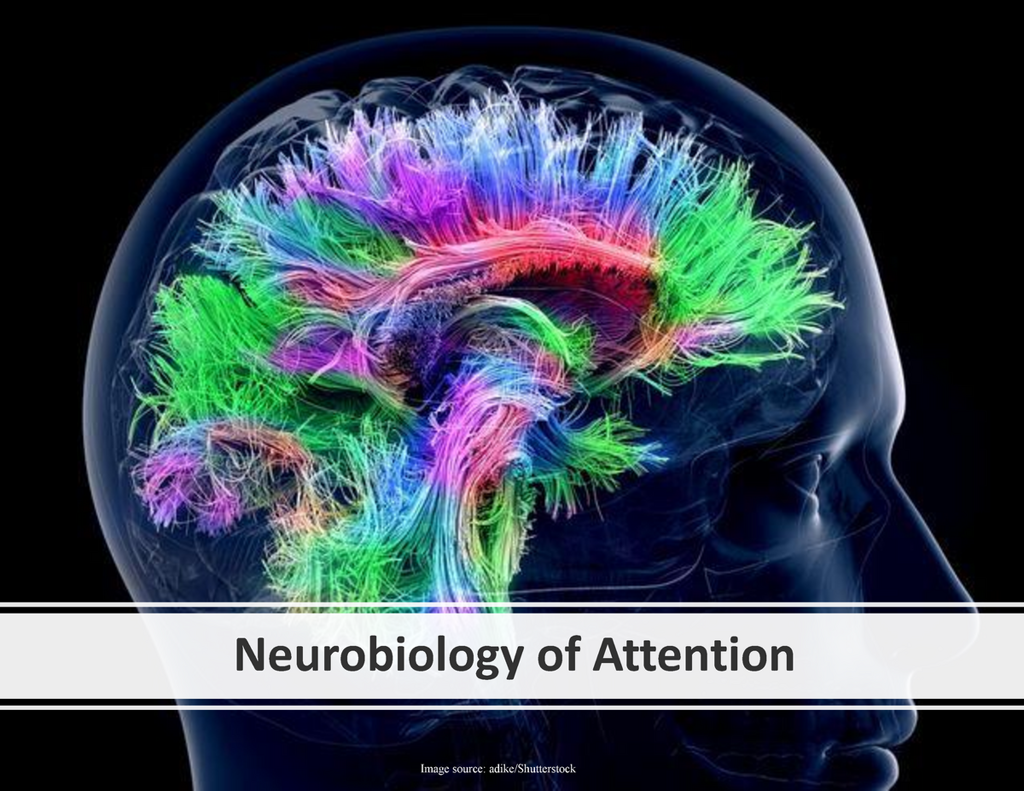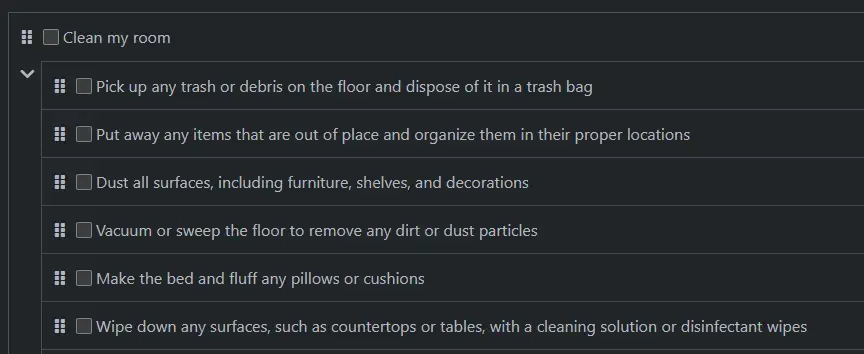1. Prefrontal Cortex (PFC)
Contribution to Attention (Normal):
The prefrontal cortex is essential for executive functions, including attentional control, working memory, and impulse inhibition. It helps maintain focus on relevant information while filtering out distractions. For example, when reading a book, the PFC helps you concentrate on the text, ignore background noise, and remember the storyline.
Difficulty with Tasks (Impaired PFC):
If the PFC is impaired, individuals may struggle to sustain attention. For instance, when studying, they might find it hard to stay focused on the material, constantly getting sidetracked by irrelevant thoughts or environmental cues. This can lead to difficulty completing tasks and poor academic or occupational performance.
2. Anterior Cingulate Cortex (ACC)
Contribution to Attention (Normal):
The ACC is responsible for detecting conflicts and errors, as well as monitoring task performance. It helps to regulate attention by signaling when adjustments are needed. For example, during a test, the ACC aids in detecting errors and prompts you to correct your answers.
Difficulty with Tasks (Impaired ACC):
If the ACC is not functioning optimally, individuals might have trouble detecting errors and adjusting their behavior. In a work setting, they may make careless mistakes and have difficulty staying on task due to the lack of awareness of errors.
3. Parietal Cortex:
Contribution to Attention (Normal)
The parietal cortex directs attention to specific objects or locations in space. It helps with spatial awareness and shifting attention between different stimuli. For instance, while driving, the parietal cortex enables you to focus on the road, check mirrors, and react to changing traffic conditions.
Difficulty with Tasks (Impaired Parietal Cortex):
If the parietal cortex is impaired, individuals might struggle with spatial awareness and attention shifting. They could become easily disoriented, have difficulty following instructions, and find it challenging to organize their work or daily activities.
4. Basal Ganglia, especially the Striatum:
Contribution to Attention (Normal):
The basal ganglia, including the striatum, play a role in the selection and initiation of motor and cognitive behaviors. It helps in maintaining attention to relevant tasks and filtering out competing responses. For example, during a conversation, the basal ganglia enable you to pay attention to the speaker's words without being distracted by other conversations in the background.
Difficulty with Tasks (Impaired Basal Ganglia):
If the basal ganglia are not functioning properly, individuals might struggle with impulse control and have difficulty filtering out distractions. They may interrupt others frequently, have trouble waiting for their turn, and find it challenging to concentrate on one task for an extended period.
5. Cerebellum:
Contribution to Attention (Normal):
The cerebellum assists in coordinating motor movements and also plays a role in attention and cognitive processes. It helps maintain focus and regulate attentional resources. For instance, when playing a musical instrument, the cerebellum supports attention to timing, rhythm, and coordination.
Difficulty with Tasks (Impaired Cerebellum):
If the cerebellum is impaired, individuals may experience difficulties in motor coordination and maintaining attention. They might struggle with fine motor tasks, have problems following complex instructions, and exhibit attention lapses during activities requiring sustained focus.
6. Frontal Cortex
Contribution to Attention (Normal):
The frontal cortex, particularly the ventrolateral prefrontal cortex (VLPFC), is involved in impulse control and inhibitory processes. It helps regulate attention by suppressing irrelevant or distracting information. For example, when resisting the temptation to check your phone while working, the frontal cortex aids in maintaining attention to the task at hand.
Difficulty with Tasks (Impaired Frontal Cortex):
If the frontal cortex is largely inactive or impaired, individuals may have difficulty controlling impulsive behaviors. They might act without thinking about the consequences, have difficulty following rules, and find it challenging to stay focused on tasks with delayed rewards.
Share your experiences or questions related to ADHD and its neurobiological aspects~-----


